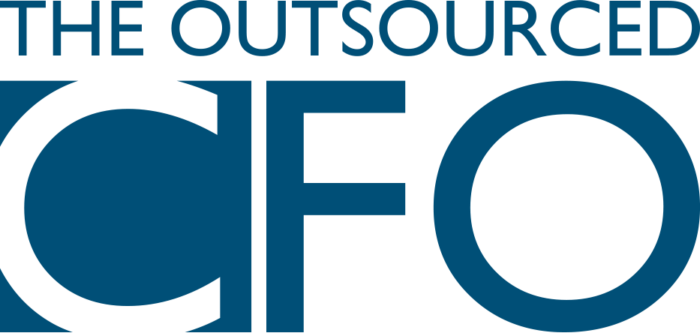
Its budgeting season again – how to produce an effective budget
As the financial year comes to an end, many businesses are currently undergoing or about to start their budgeting process. This will involve reviewing the remaining months of the year to see how they will finish up and looking at how the next year will look. The budget will become our base line for next financial year’s results and set expectations for business and staff performance.
Simply put, a budget is a record of future income and expenses. This can be as simple or as complex as you would like to make it. The criteria for a good budget I believe is to have enough complexity to quantify the key performance areas of a business, but not be too onerous. The budget needs to be easily understood or interpreted by non-financial people. A key outcome of the budgeting process is to identify the key performance indicators (kpi’s) that will contribute to the bottom line so that you can measure the business and staff performance.
With that in mind, lets consider how a typical non-financial staff member might operate. Someone in Business Development or Sales is typically a people person whose key goal is to build relationships. They are always on the road, in meetings discussing opportunities and potential solutions with customers. They like dining and talking. On the personality spectrum they are not typically “finishers” and will move on to the next big thing as soon as the current opportunity has lost its excitement.
From a budgeting perspective, business development and sales staff need to have clear sales targets. These may be linked to their remuneration so there is an incentive to get outcomes. The targets need not be prescriptive to give the skilled sales executive the autonomy to determine how to achieve their targets. After all, your hired them for their sales skills not your own. The targets serve as a basis for a revenue budget and will keep your sales staff focussed on achieving outcomes.
Operational staff who are required to deliver the service tend to be more detail oriented and cost focussed. They generally understand in great detail their cost structures and where the opportunities lie for savings and risks for cost blow outs. When you apply this to a budget, it can be tempting to be very creative in building a detailed cost model. However, any model can only be as good as the underlying assumptions so this can be a trap. The better option is to keep it high level and let the operational staff work out the detail of how to achieve it. Something like a gross margin based on historical performance is easy to explain and accounts for the many variables that could occur. The historical margin can be adjusted upward to reflect a defined improvement or downward to reflect a price increase in cost of raw materials or labour. In this way you are setting a goal for your operational staff which skilled operators will be challenged by.
The end result is that you need to have a budget where you have buy-in from all staff towards achieving the desired outcome. Both the sales and operational staff should have input into the budget so that the numbers are theirs. For the sales staff, providing them with last years sales data and asking them to propose the next years budget is a great step. For operational staff, giving them the sales budget and getting them to forecast the gross margin and overhead can also be very effective. Of course, if in the final result the combined budgets proposed by sales and operational staff don’t add up to the company expectations then there needs to be dialogue until a happy medium is reached. In the end this process will ensure that all staff will be clear about what needs to be achieved in the coming year and are more likely to be committed to the process of achieving it. Their component of the budget can be tied to remuneration structures, so they are incentivised towards achieving the results.
The key steps to the budgeting process are to define sales and the related costs. Having sales staff involved in setting sales targets and operational staff involved in setting cost budgets are key elements for a good budgeting process. The role of the Finance team or CFO is to oversee this process because in the end they are accountable for the budget and making sure that the right outcomes are achieved.
